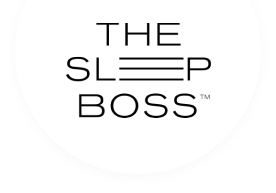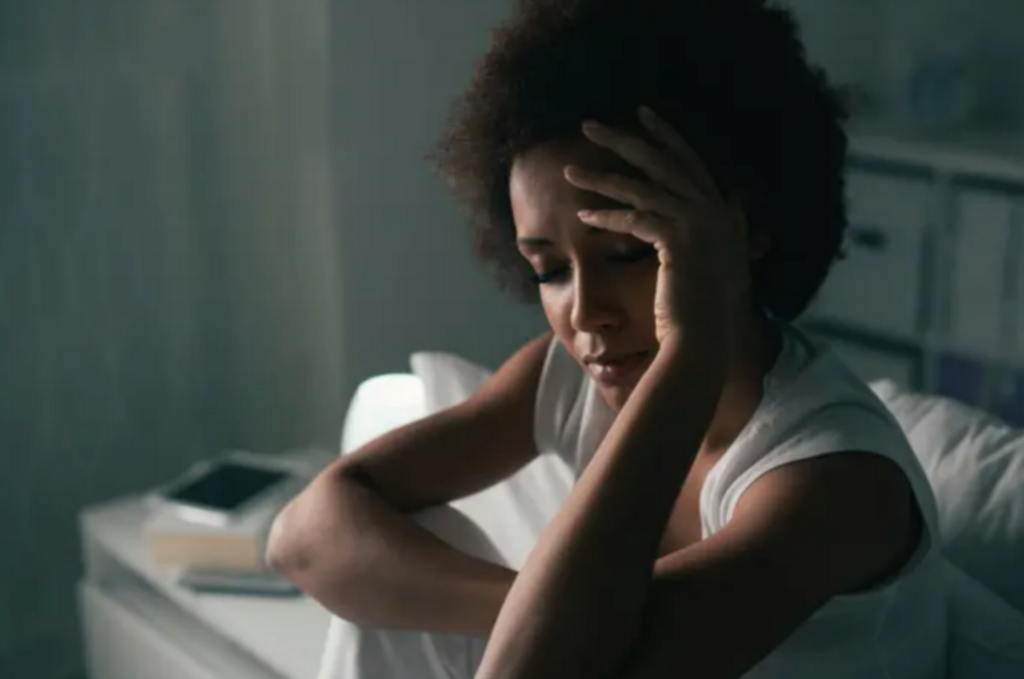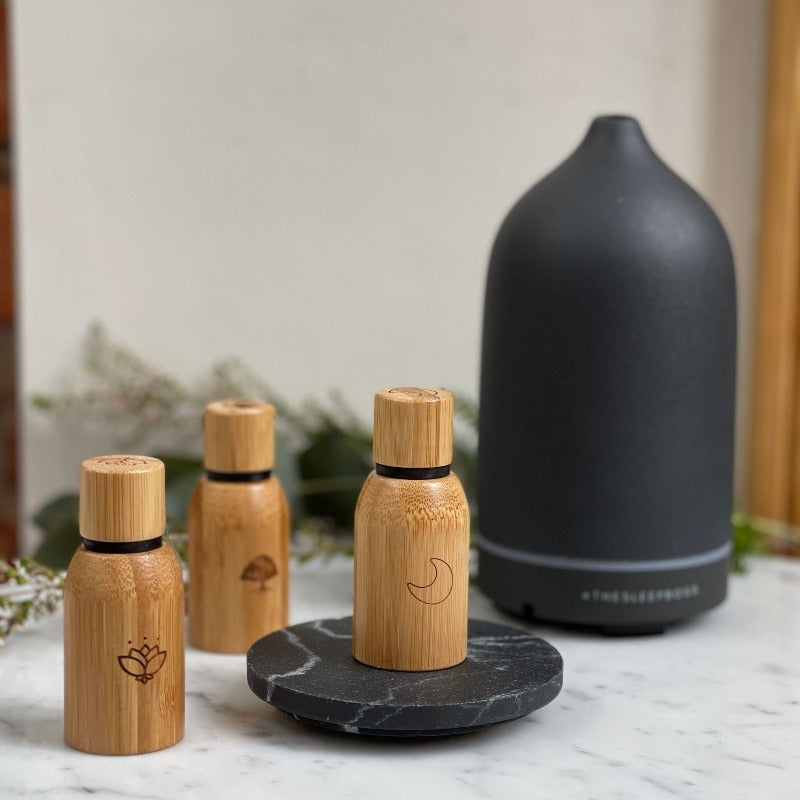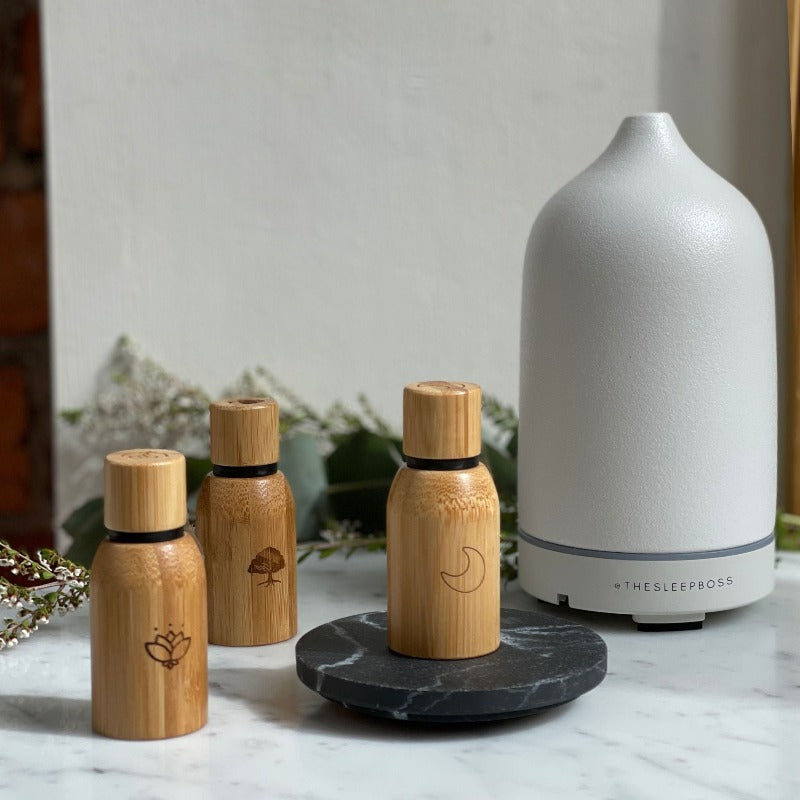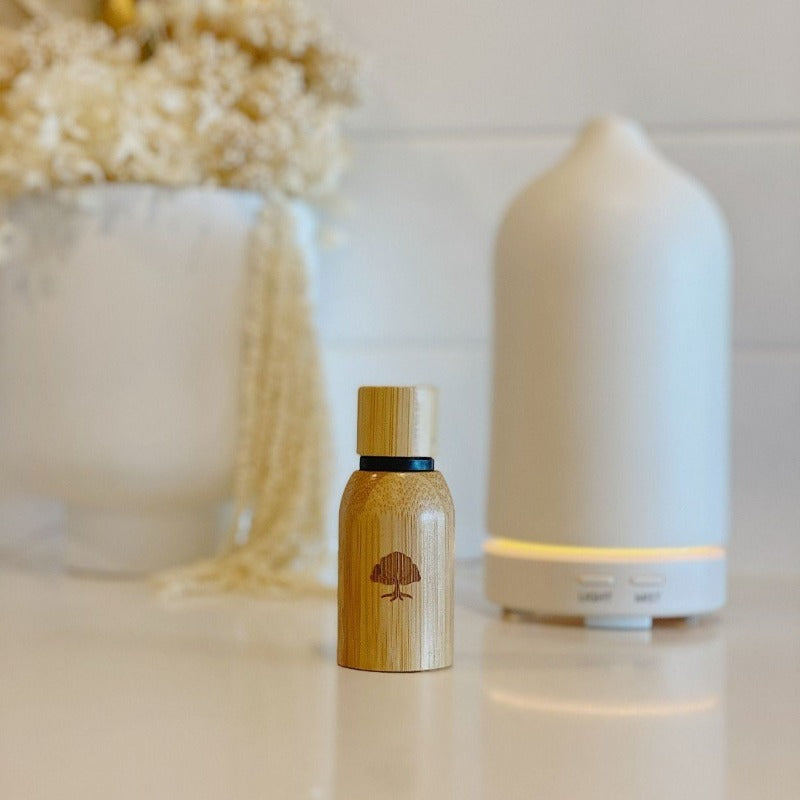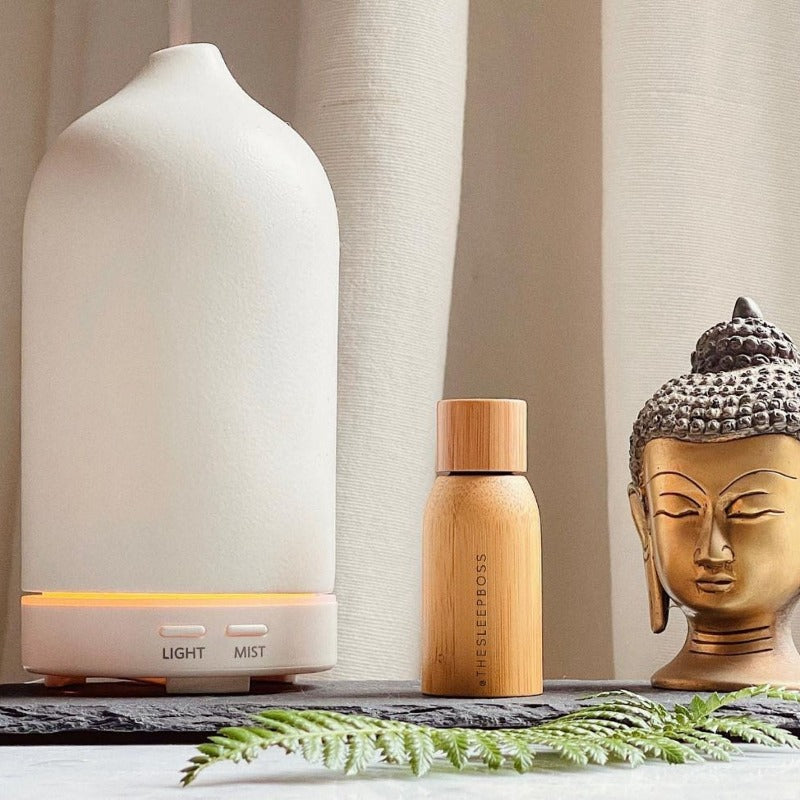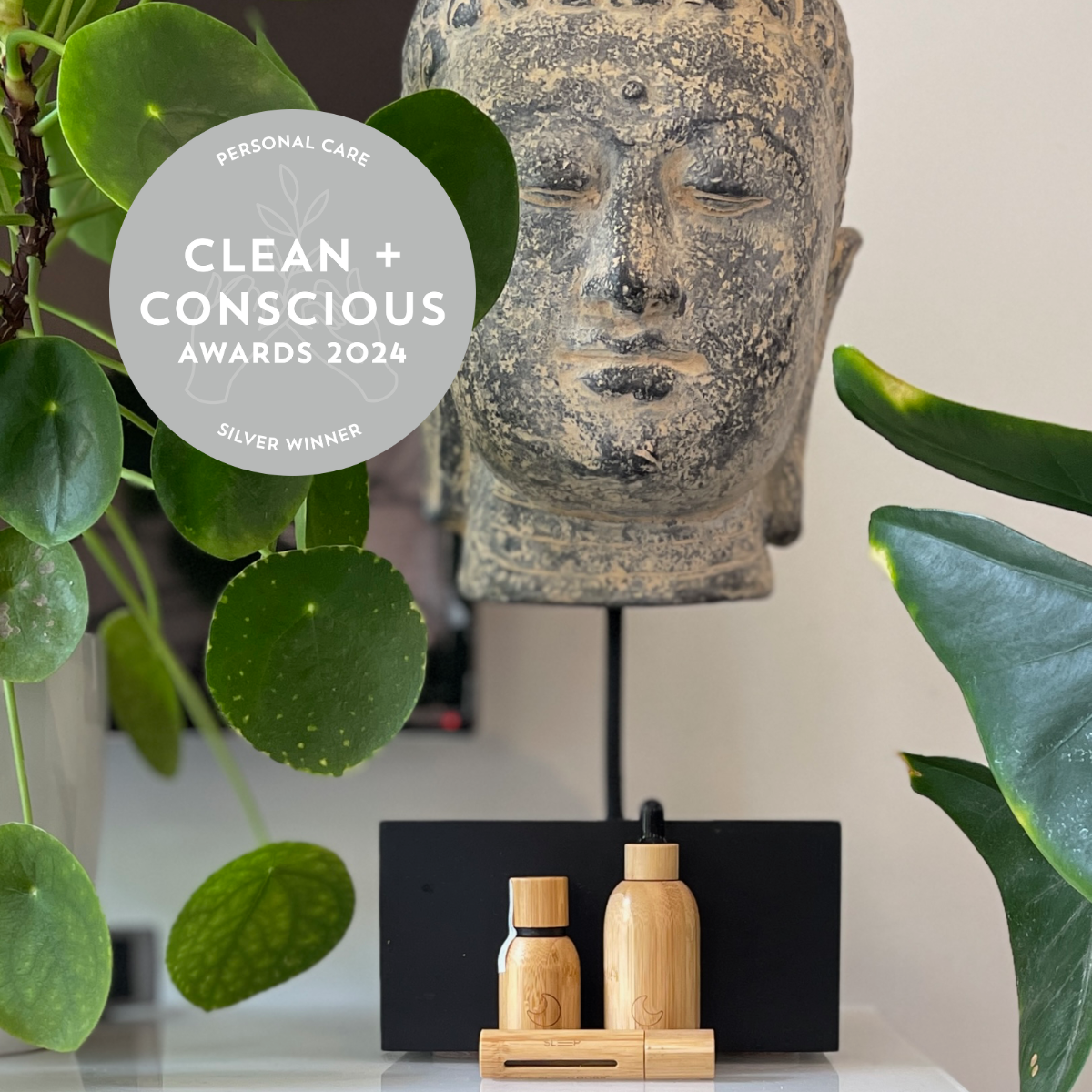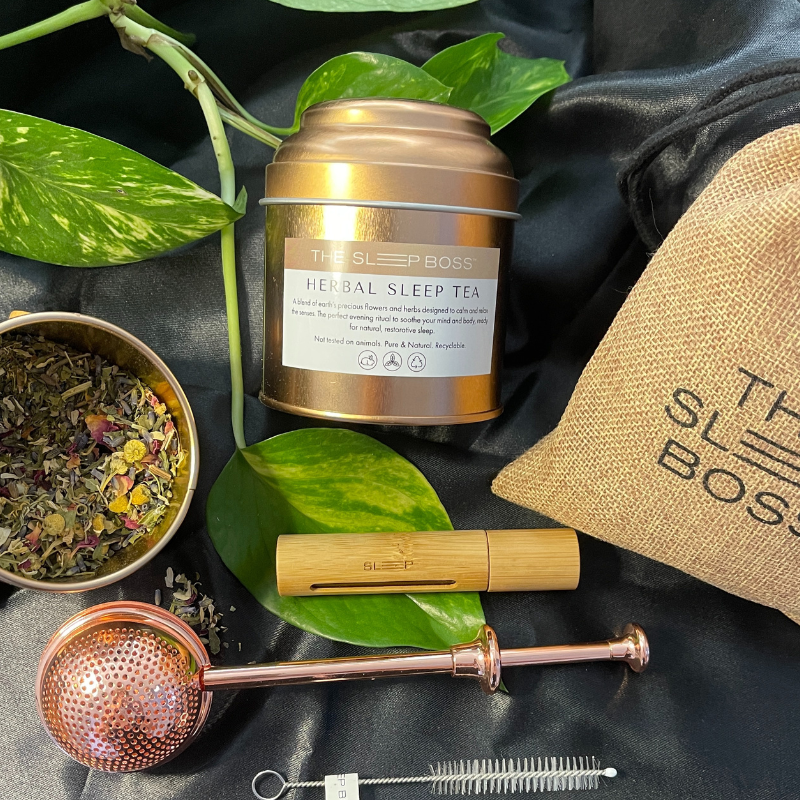
Why Sleep and Alcohol Don’t Mix

Photo source: Sleep Foundation
Alcohol often finds its way into our social gatherings, celebrations, and even relaxation routines. While a glass of wine or a pint of beer may seem harmless or even enjoyable, understanding its effects on sleep quality and daytime performance is crucial for maintaining overall well-being.
Discover why alcohol and sleep don't mix as we explore the intricate relationship between alcohol consumption, sleep disruption, and its broader impact on health and productivity.
1. Hangovers and Sleep Quality:
Eight Sleep's article on managing hangovers sheds light on the impact of alcohol on sleep quality and subsequent daytime effects. Strategies for mitigating hangover symptoms often include hydration and rest, highlighting the disruptive effects of alcohol on sleep architecture and overall well-being.
Hangovers usually involve a gnarly headache, nausea, irritability, and tiredness. The main cause of your hangover symptoms is dehydration, which is why it is important to drink plenty of water – before, during, and after a night of drinking
And the next best cure – and the one that works every time, is sleep
2. (Not so Fun) Facts on Alcohol and Sleep:
Studies suggest light to moderate alcohol consumption may have minimal immediate impact on sleep architecture but can affect sleep latency and overall sleep quality.
Heavy drinking though is a different story. Research (outlined in Drinkwise.org.au) indicates that heavy or binge drinking significantly disrupts sleep patterns, leading to increased sleep fragmentation, reduced REM sleep stages, and more frequent awakenings during the night.
3. Physiological Mechanisms of Alcohol on Sleep:
We now know through scientific research that alcohol disrupts sleep in 3 significant ways:
- Disruption of sleep stages: Alcohol affects different sleep stages, suppressing REM sleep early in the night and causing REM rebound later, leading to sleep disruptions.
- Neurotransmitter effects: Alcohol also interacts with neurotransmitters like GABA and glutamate, initially causing sedation but later disrupting sleep quality.
- Hormonal influence: Alcohol suppresses melatonin production, affecting circadian rhythms and sleep onset.
Other studies and insights from sleep experts and research also emphasise how alcohol affects sleep patterns - all of this is based on research or clinical observations.
Understanding these nuanced effects of alcohol on sleep quality and daytime performance is pivotal for individuals striving to optimise their health and productivity. Incorporating evidence-based strategies such as limiting alcohol intake, especially before bedtime, prioritising hydration, and adopting healthy sleep hygiene practices can mitigate the adverse effects of alcohol on sleep and overall wellness.
By unravelling the hidden truths behind alcohol's impact on sleep, we empower ourselves to make informed choices that nurture restorative sleep patterns, enhance daytime performance, and foster long-term well-being.
Embracing the Sleep Revolution
Striking the right balance between social enjoyment and sleep health can unlock unparalleled levels of vitality and productivity in everyday life. When we achieve this balance, we optimize our physical and mental well-being, leading to higher energy levels, sharper cognitive function, and improved overall performance in daily tasks and responsibilities. This is best done by prioritising sleep alongside social activities.
Ready to Experience Better Sleep?
Join our Sleep For Success © Challenge and discover how seven days can transform your sleep habits, boost your energy, and revitalise your well-being.
